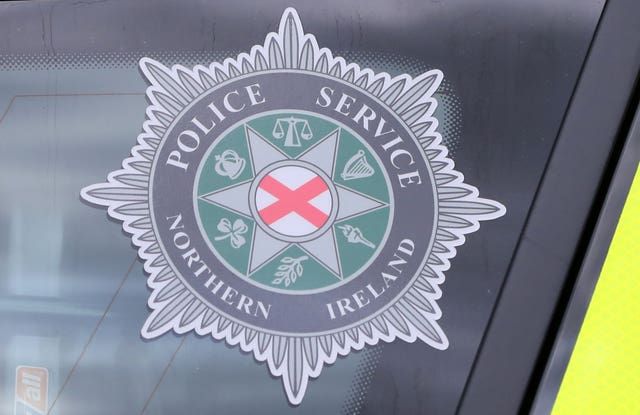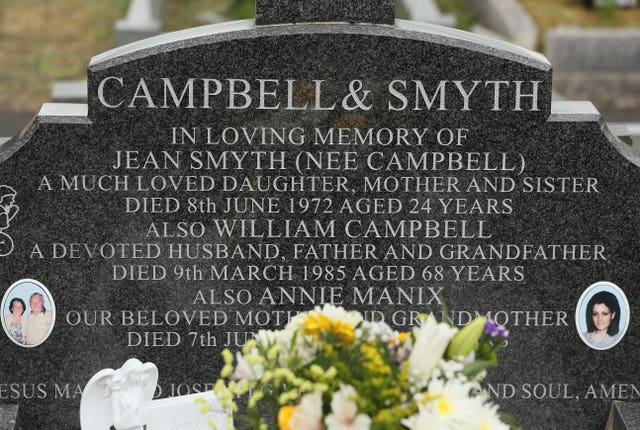On the morning of 15 December, the UK Supreme Court ruled the PSNI’s decision not to further investigate allegations of torture in the case of the ‘Hooded Men’ was unlawful:
Breaking: Hooded Men: UK Supreme Court quashes unlawful PSNI decsion not to further investigate allegations UK Ministers authorised torture.
CAJ represents Mary McKenna. Statement to follow. @julianoneill @freyamcc @ConnlaYoung https://t.co/j0yGaWTk3R— CAJ (@CAJNi) December 15, 2021
The Supreme Court published its decision stating:
The decision taken on 17 October 2014 not to investigate the allegation in the Rees Memo was based on a seriously flawed report, was therefore irrational, and falls to be quashed
What happened to the so-called “hooded men”?
The hooded men were arrested in 1971 as part of the British government’s internment without trial operation. The operation was called ‘Operation Demetrius’. This operation predominantly targeted people from an Irish republican and Catholic background and left those from a British loyalist background effectively untouched.
These 14 men were subjected to interrogation known as the ‘five techniques’ when the British Army arrested them. The techniques included:
- White noise
- Wall standing/ stress positions
- Sleep deprivation
- Bread and water diet
- Hooding
They were also thrown from helicopters that were hovering close to the ground having been told the aircraft were hundreds of feet in the air. Their names are:
Jim Auld, Pat Shivers, Joe Clarke, Michael Donnelly, Kevin Hannaway, Paddy Joe McLean, Francie McGuigan, Patrick McNally, Sean McKenna, Gerry McKerr, Michael Montgomery, Davy Rodgers, Liam Shannon and Brian Turley.
In 1978, the European Court of Human Rights found this amounted to inhuman and degrading treatment. However, it ruled the men’s treatment fell short of torture.

Court hearings
The PSNI took the case to the UK’s highest court having failed in Belfast’s Court of Appeal to overturn a High Court ruling that found the police should revisit its decision to end its investigation into the treatment of the men.
The Supreme Court looked at that issue and also whether the PSNI is sufficiently independent to conduct the legacy probe. The justices also examined a legal point regarding how far back the European Convention on Human Rights can be retrospectively applied.

Further investigation into Britain’s role in Ireland
The Supreme Court judgment will also rule on another Troubles incident on Wednesday. That relates to the 1972 fatal shooting of Jean Smyth, 24, on the Glen Road in Belfast. The Army’s Military Reaction Force unit has been suspected of involvement in the killing.
The case before the Supreme Court again centred on whether the PSNI was sufficiently independent to investigate the historical killing. Lord Hodge, Lord Lloyd-Jones, Lord Kitchin, Lord Sales, Lord Hamblen, Lord Leggatt and Lord Burrows heard legal submissions on the cases earlier this year.
Featured image via – YouTube screengrab – BBC News NI















